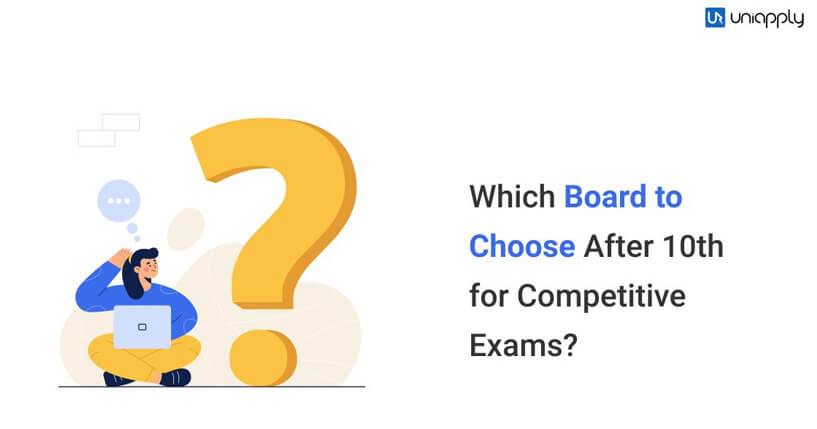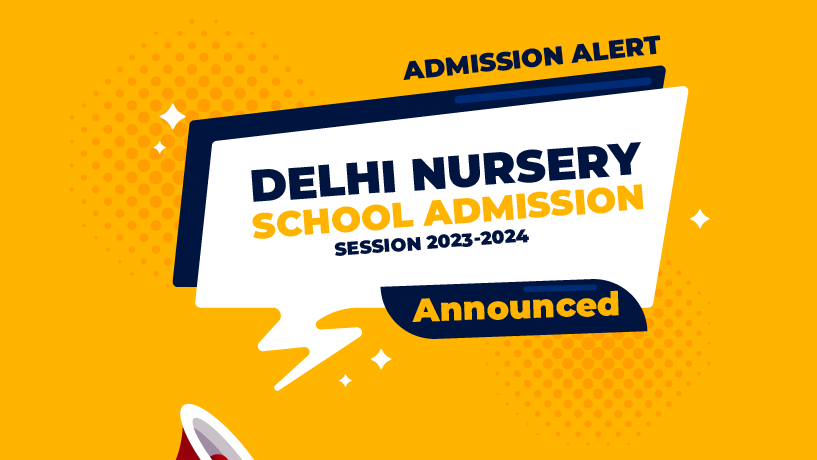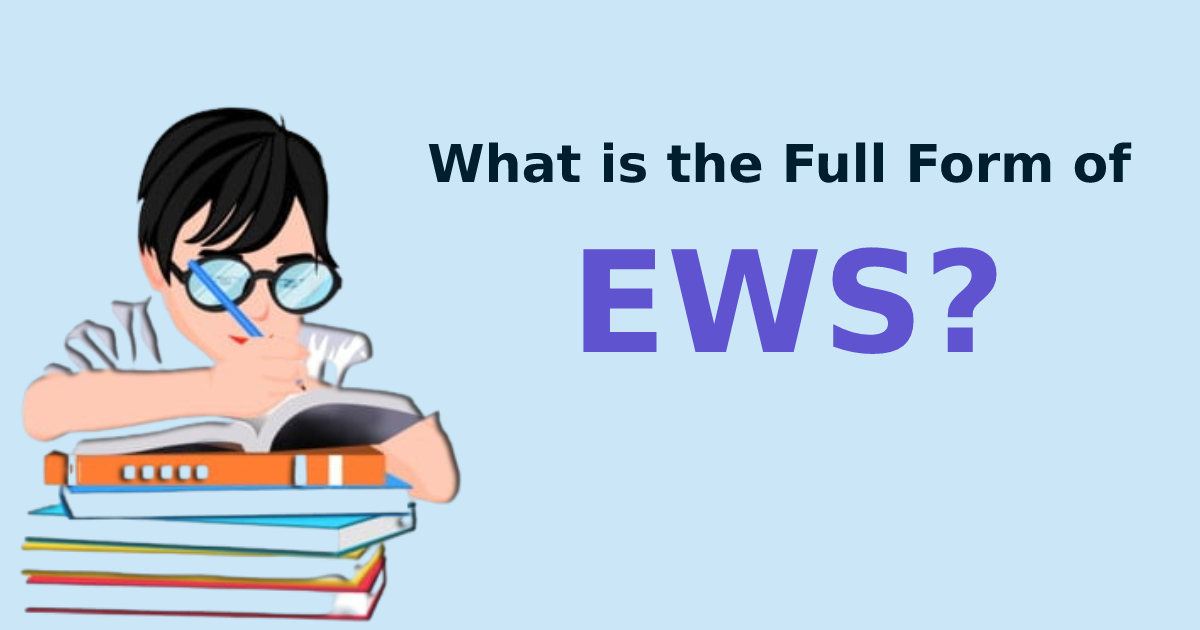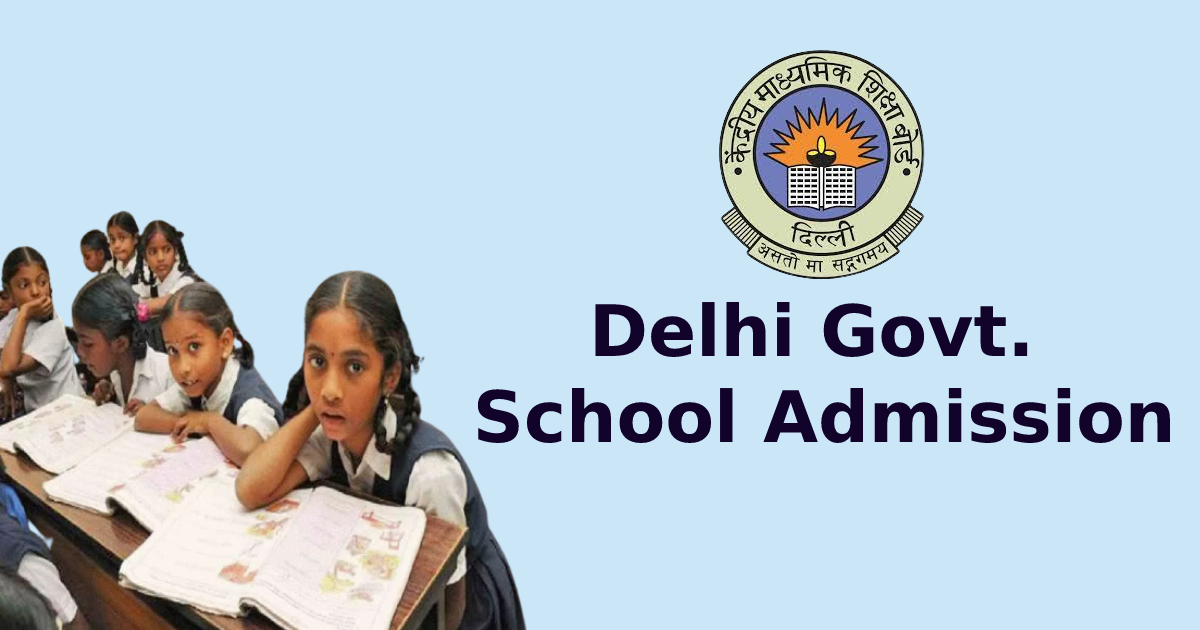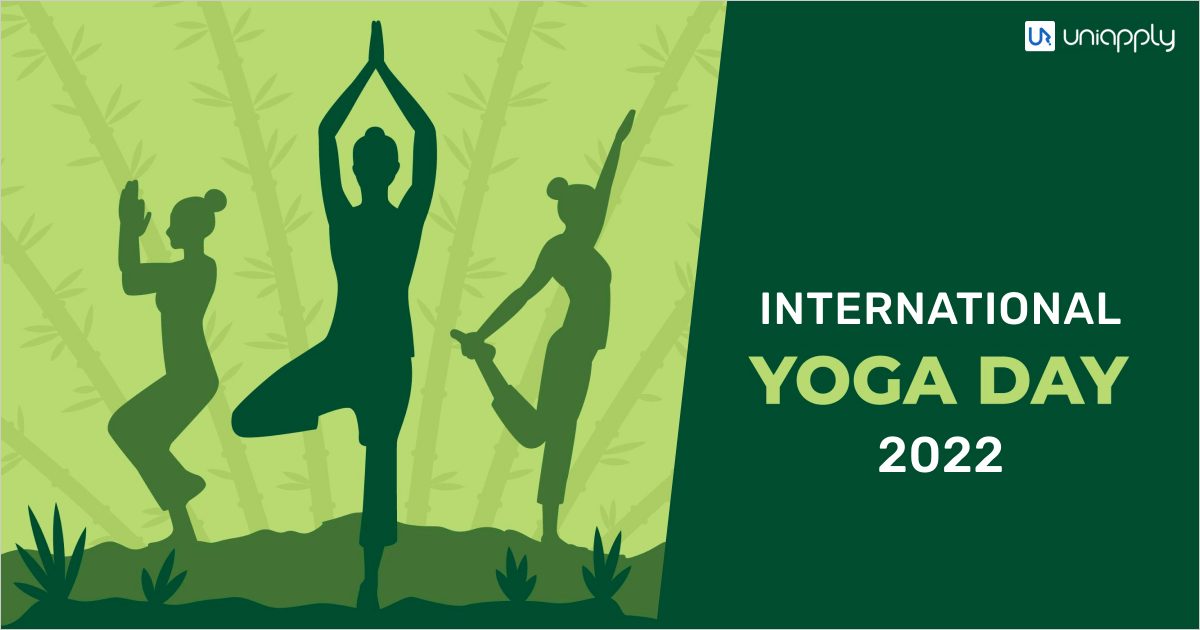Which Board to Choose After 10th for Competitive Exams?
When students start their academics, they don’t know what they want to become in life. Most of the children don’t even know what their interest is? In fact, usually, things don’t turn out the way we imagine them to be. Generally, students change their schools and boards after class 10th. It gives them an opportunity to narrow down their interest areas and focus on those subjects that would shape their future.
If you are planning to change your board, make sure-
- You have an understanding of all the boards
- You know in which competitive exam you want to appear
Understanding Of all the Boards
There are six boards that are available in India. They follow their own prescribed exam patterns and curriculum.
● State Boards
● Central Board of Secondary Education (CBSE)
● Council for the Indian School Certificate Examination (CISCE)
● Indian Certificate of Secondary Education (ICSE)
● International Baccalaureate (IB)
● Cambridge International Examinations (CIE)
1. State Boards
State boards follow their separate ranking criteria and they are unique to each state. All the State boards have their own educational strategy and curriculum. The core feature of state boards is that they focus on regional languages and subjects along with other main subjects. Some state boards have introduced NCERT books to ensure students are well prepared for pan-India examinations.
❖ List of Subjects under State Boards
Subjects vary from state to state, however, they do follow a pan-India syllabus to ensure the students of the state can compete on a national level.
2. Central Board of Secondary Education (CBSE)
One of the prominent boards in India, CBSE is a national level board of education for public and private schools. Approximately 21,271 schools in India and 220 schools in 28 foreign countries affiliated to the CBSE. After class 10th, CBSE provides three streams- science, commerce and humanities. All schools affiliated with CBSE follow the NCERT curriculum.
❖ List of Subjects under CBSE
As mentioned above, CBSE broadly offers 3 streams which a student has to choose, depending on the stream the student studies for the next 2 years. 4 Subjects are compulsory as per the stream a student chooses and 5th one is optional depending upon the school and board. Few broad Streams are :
- Science
- Medical
- Non-Medical
- Commerce
- Arts/Humanities
Science
a) Science (Non- Medical)
Physics, Chemistry, Math’s, English and Optional Subject
The most commonly offered optional subjects are – Computer Science, Economics, Physical Education, Engineering Drawing, Fine Arts and Psychology.
b) Science (Medical)
Physics, Chemistry, Biology, English and Optional Subject
Following are the most common offered optional subjects – Psychology, Biotechnology, Mathematics, Economics, Home Science, Fine Arts and Physical Education
Commerce
- Accountancy, Business Studies, Economics, English, Mathematics and optional Subject
Optional Subjects found in most schools with commerce are – Mathematics, Physical Education, Computer Science, Entrepreneurship and Fine Arts.
Arts/Humanities
- History, Economics, Political Science, English and Optional Subject
Optional subjects – Sociology, Fine arts, Psychology and Maths among many others.
3. Council for the Indian School Certificate Examination (CISCE)
CISCE is a privately run national Education Board in India. It governs the Indian Certificate of Secondary Education (ICSE) as well as the Indian School Certificate (ISC). CISCE was formed in 1958. Over 2,100 schools in India and abroad are affiliated with CISCE. The key goal of ICSE is to offer high-quality education to the students through a rational approach.
This Education Board in India allows students to choose amongst different streams/subjects for Class 12 by placing equal emphasis on science, humanities and language courses, particularly English. The ICSE syllabus also comes under the CISCE board.
(i) Indian Certificate of Secondary Education (ICSE)
ICSE is a private school board in India. As of now, it follows the New Education Policy 1986 (India). English is compulsory and this board focuses on the entire development of the student. ICSE also gives fair weighting to languages, arts and humanities and promotes comprehensive learning.
❖ List of Subjects under ICSE
In the ICSE board, English is a compulsory subject and the other 4 are to be opted by the student depending on the combination offered by the school.
Broader level classification of subjects are as follows:

(ii) Indian School Certificate (ISC)
The Indian School Certificate popularly known as ISC is an examination conducted by the CISCE for Class 12. ISC Board is known for focusing on literature and language, which helps to pursue a good career in the field of communication, marketing, management and accounting, etc. ISC curriculum is designed to improve oral and writing skills and the overall development of students.
❖ List of Subjects under ISC
There are three for different streams: Science, Commerce and Humanities. They are divided into two parts:
A) Compulsory
B) Optional
1. Science Stream – XI and XII Standard]
a) Compulsory Subjects-Science
English, Math’s, Physics and Chemistry
b) Optional Subject-Science Any One
Economics, Biology, EVS, Computer Science and Arts
2. Commerce Stream – Both XI and XII Standard
a) Compulsory Subjects-Commerce
· English, Economics, Accountancy and Commerce
b) Optional Subjects-Any One
· English Literature, Mathematics, EVS, Arts and Business Studies
3. Humanities Stream – XI and XII Standard
a) Compulsory Subjects-Humanities
· English, Sociology, Psychology and Economics
b) Optional Subjects-Any One
· English Literature, EVS, Mathematics and Art
4. International Baccalaureate (IB)
IB is very prestigious yet costly. It is a privately-run multinational academic organization with headquarters in Geneva, Switzerland. This Board provides an opportunity for students in academic institutions to apply to other universities without a number of additional examinations. IB focuses on teaching critical skills, vocabulary, arts and humanities.
❖ List of Subjects under IB
IB Diploma (class 11th & 12th):
IBDP offers subjects like languages, Mathematics, Science, Social Science, Management, Economics, Computer Science and Visual Arts.
There are major five groups in which all the subjects are divided and the student has to choose one subject from each group:
● Group 1 – 1st Language (English)
● Group 2 – 2nd Language (Hindi, French, etc)
● Group 3 – Individuals & Society (History, Eco, Business & Management)
● Group 4 – Sciences (Physics, Chemistry, Biology & EVS)
● Group 5 – Mathematics & Computer
● Group 6 – Electives (Visual Arts or 2nd Subject from Group – 3, 4, 5)
The following are a few mandatory subjects to be chosen in Class 11th standard under IB Board.
- Theory of Knowledge (TOK)
- Extended Essay (EE)
- Creative, Action & Services (CAS)
5. Cambridge International Examinations (CIE)
CIE offers globally accredited certificates and examinations in more than 150 countries around the world. You can easily apply to UK universities (including Oxford and Cambridge), the United States (All Ivy League Universities), Canada, the European Union, the Middle East, West Asia, New Zealand, India, Pakistan, Bangladesh and Sri Lanka.
❖ List of Subjects under CIE
Note: In CIE, classes 11th and 12th are called “A levels”
There are more than seventy subjects in IGCSE and schools can offer them in any combination. A student can choose 4 or 5 subjects depending on their preference. English is a mandatory subject and balance can be chosen from available subjects in school.
Commonly offered subjects across the country are:
Geography, English Literature, History, Physics, Chemistry & Biology, Mathematics, Additional Mathematics, Accounting, Business Studies and Computer Studies.
To explore different board schools in your location- Click Here
It is very important to follow the correct board for your future endeavours. You should ask yourself whether the particular curriculum or board will help you in the competitive exam you want to appear in or not? Asking parents and going for counselling can further help you in deciding what’s best for you.

Decide in Which Competitive Exam do you Want to Appear
Undoubtedly, if you are preparing for IIT JEE / Mains or Medical Exams then CBSE Board is the right fit considering the NCERT curriculum and examination pattern they follow. This will help you to balance between your school timings and your extra coaching classes for these competitive exams. As all the top entrance exams such as Engineering and Medical exams are based on the CBSE pattern. CBSE focuses on the reinforcement of concepts and theoretical learning.
If you are planning for competitive exams that are non-technical like TOEFL, GRE, etc. then the ICSE board is the right fit for you. ICSE emphasises language skills, so students looking for their future careers in English literature, Mass communication, Law and other humanities courses can opt for ICSE.
Furthermore, if you want to settle abroad and study in the topmost foreign Universities, then you can go for IB or Cambridge board, which focuses more on independent, conceptual and research-based studies.
Fees also play a very important role in choosing the board while preparing for the competitive exams. Parents would want to choose the school that is affordable for them. Hence, you should consider all these factors before switching school boards.
To explore for updated fees of the schools- Click here
Also Read:
CBSE Declares Special Assessment Scheme for Classes X, XII for the Session 21-22
460 Pvt Schools to Collect Fees With a 15% Reduction Only on Monthly Basis: Delhi Govt.
Guidelines for CBSE Class 12: Result will be declared on July 31

